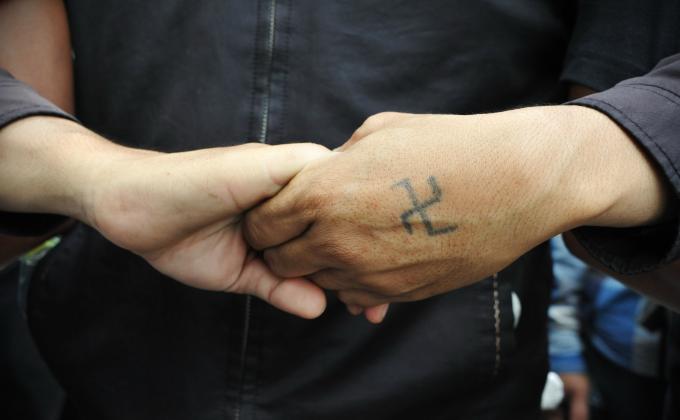On the 21st of February 2011, ICCT hosted an Expert Meeting entitled 'Joint Investigation Teams: Added Value, Opportunities and Obstacles in the Struggle against Terrorism'.
International participants from the academic, diplomatic, civil service and policing sectors gathered in the Hague to discuss the obstacles and opportunities for using Joint Investigations Teams (JITs) in the specific context of co-operative counter-terrorism investigations.

Modeled on the round table format, the meeting consisted of presentations by Edwin Bakker, (Research Fellow ICCT), Conny Rijken (Associate Professor of Law, Tilburg University), Bart de Buck (Legal Officer, Europol), Capitaine Pascal Lhoutellier (Deputy Chief Investigation Officer, Anti-Terrorist Unit, Gendarmerie Nationale), Laura Baos Espada (Police Inspector, Central Counter-Terrorist Unit, Cuerpo Nacional de Policia) and Mary Lee Warren (Justice Counsellor, US Mission to the EU).

From the discussion it became apparent that, as it currently stands, the JIT framework is a very interesting vehicle for transnational counter-terrorism cooperation to combat protracted terrorist activities, such as those encountered by France and Spain in their long running struggle with the Basque separatist group ETA. This is a good example of highly effective inter-State police cooperation with a common, clearly defined goal. There must, however, be an appreciation of the fact that the success of the France-Spain relationship is largely the product of 30 years of active engagement and mutual trust. Such a relationship is difficult to establish on an ad hoc basis, as would inevitably be necessary in response to the variety of terrorist treats facing states today.
That said, it is not suggested that there is no potential for the use of JITs in a counter-terrorism context, rather that the challenges are greater vis-à-vis “ordinary” cross-border criminality. The benefits accruing to a JIT are substantial however, such as increased transparency and a system of checks and balances.
Recommendations
The workshop concluded that the potentiality of the JITs model in the context of the global counter-terrorism is dependent on:
- A strong, trustworthy relationship amongst participating states;
- Willingness to negotiate a balanced and effective legal framework which clearly defines who will have jurisdiction over what;
- A sense of shared interests and incentives; and
- Ultimately a clear operational purpose.




